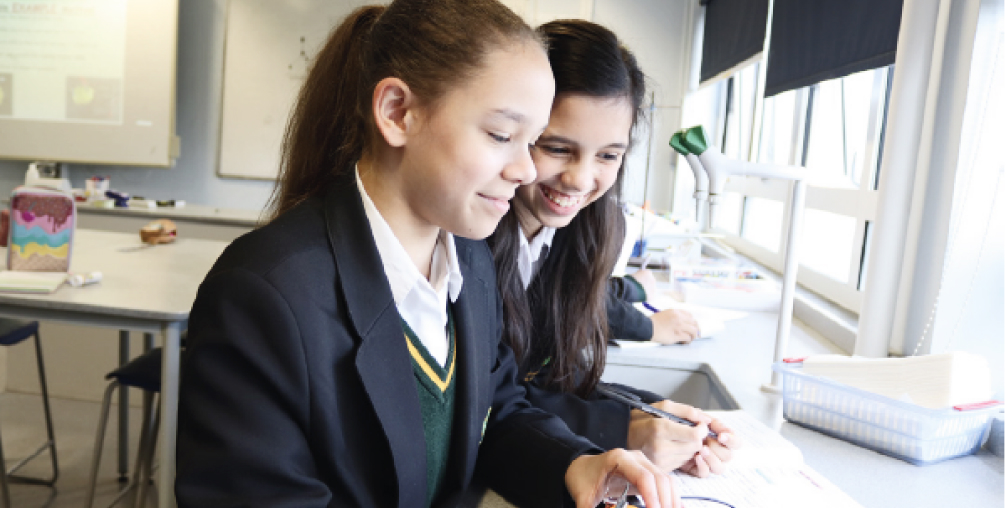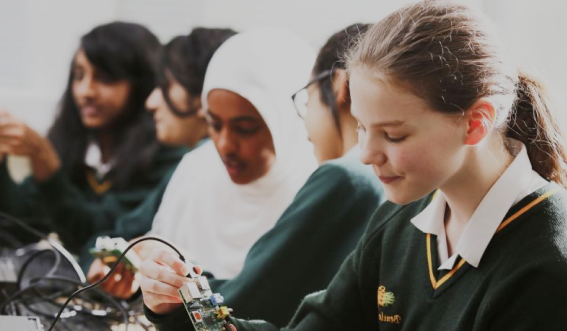
Teaching and Learning Programmes
HCA Etiquette
There is an expected protocol which guides the running of the HCA programme. All the HCA programme leads prepare and deliver the programmes in their own time and on a voluntary basis. They pledge to plan and present their programmes to the best of their ability. Likewise, there is an expected commitment on their cohort’s part too. This is a pledge of participants on the various programmes to fully commit to attending and, on the occasional circumstance where an absence is unavoidable, to inform the relevant programme lead and Steering Group representative no less than two days before the programme session, as a matter of courtesy.
There is also a short online evaluation form for all programmes and which is required to be completed at the end of a programme. Signing up to a programme confirms a commitment to this. The feedback these forms provide allows valuable insight into the programme’s progress and helps inform future planning, funding and mapping. We appreciate the participants’ cooperation in this.
For subject specific pedagogies, please see our subject group leader page.

-
AI in Education
This programme where we consider the implications of AI on examinations and coursework as well as its potential to reduce working to enhance teaching and learning as well as administration support to reduce workload.
The course focuses on:
- Sharing knowledge and best practices regarding the use of AI tools in the classroom.
- Collaboratively developing AI-related policies to guide our schools across the borough.
- Staying updated on the rapidly evolving landscape of educational AI.
This programme has six sessions and will be online hosted by a representative at Bentley Wood.
-
Curriculum & Pedagogy: Exploring What Works/An Evidence-Based Approach
This programme examines strategies for ensuring our students achieve their best and remember more for longer. We will look at what evidence from Cognitive Psychology initiates.
Topics examined include:
- Planning our curriculum effectively and ambitiously
- ‘Thinking hard’ and strategies for challenge.
- Memory, retrieval, and memory hacks
- Dual coding, cognitive load theory and spaced practice
- Effective revision strategies
- Metacognition
- AI and ‘pedtech’ tools to support pedagogy.
- Enrichment and extension for the most able
The programme has six sessions and takes place online with one session at Bentley Wood High School.
-
Developing an Adaptive and Ambitious Curriculum for Students with SEND
This programme is aimed at senior and middle Leaders, teachers, and teaching assistants. Meeting the needs of students with SEND is everyone’s responsibility and this programme focuses on developing an inclusive school. The implications of the Green Paper/SEND Review (2023) will be explored with practical strategies shared for planning and delivering the curriculum.
The programme has six sessions and takes place at The Jubilee Academy.
-
EAL Programme
This programme equips staff with the specialist knowledge and strategies that can be used inside and outside of the classroom to support both beginner and advanced EAL students.
The programme consists of five twilight sessions throughout the year covering:
- Introduction to EAL
- Supporting Beginner EAL students
- Supporting Advanced EAL students
- Supporting students through working with EAL parents
- Using technology to support EAL Learners
The programme has five sessions and takes place at Bentley Wood High School.
-
Enriching, Enhancing and Extending your Curriculum
This group will provide an opportunity for leaders to meet and share their Supracurricular provision. Working together to look at how we can further enhance our curriculum provision, extend our students, and develop their curiosities.
The programme will comprise of six twilight sessions covering the following areas:
- Sharing ideas from our own schools
- Trips to enhance the curriculum.
- Lectures and speakers to enhance the curriculum – online and in person.
- STEM
- Arts
- Summer holiday plans
The group will explore how schools can ensure disadvantaged students and those with SEND attend and are accessing opportunities.
The programme has six sessions online hosted by a representative from Harrow School.
-
Literacy and Oracy Across the Curriculum Programme
‘Literacy is a bridge from misery to hope.’ Kofi Annan, United Nations General Secretary 1997-2006. If literacy is often the greatest barrier to social mobility, what can we do in schools to dismantle that barrier? How can we engage parents, especially those who do not read English confidently themselves in our work to improve literacy? How can we work collaboratively with our Inclusion and EAL teams to improve students’ literacy and develop
own practice? How can we ensure that teachers of all subjects understand their role in raising students’ literacy skills?
The sessions will cover the following areas:
- Closing the Vocabulary Gap
- Closing the Reading Gap; is it different for boys?
- Meeting and Managing the Shift in Reading
- Challenge between Primary and Secondary
- Supporting Students’ Writing
- Creating a Whole School Reading Culture: challenges and opportunities around new technologies
- Making Best Use of Finances and Resourcing including the School Library
This programme is for teaching staff and leaders who have a whole school literacy role, it is led by both middle and senior leaders. The programme has six sessions and takes place at Nower Hill High School.
-
Mentoring and Coaching
This is a new programme suitable for those interested in starting on a mentoring journey, or who would like to develop their skills in coaching and mentoring.
Instructional coaching is one teacher CPD strategy that has a proven impact on teacher expertise. This course explores the differences between coaching and mentoring and instructional coaching models that combine the two.
Delivered across six one-hour twilight sessions, this programme allows participants to explore how to establish an effective coaching relationship and discusses a framework to support the coach in facilitating the self-directed learning of a colleague.
This will involve practicing effective strategies to deliver feedback and navigate professional conversations.
The programme has six sessions and takes place at Hatch End High School.
